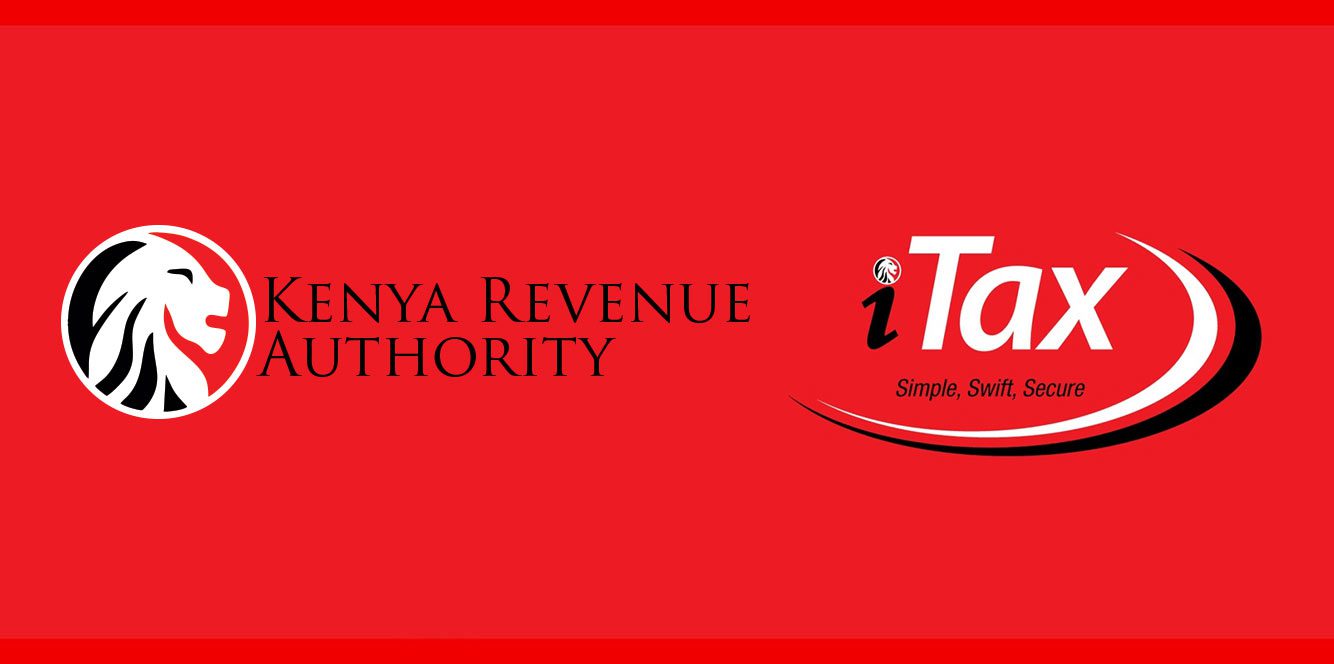Unraveling Kenya’s Complex Tax Landscape: Key Insights for Business Owners in 2024

Dive into Kenya’s intricate tax system with our comprehensive guide. From corporate tax to the new digital service tax, uncover how recent changes and special economic zones impact your business. Stay compliant, optimize your tax strategy, and navigate the latest regulations with confidence. Don’t miss out on essential updates and expert tips for thriving in Kenya’s evolving business environment.
Kenya, a country known for its diverse economy and entrepreneurial spirit, has a complex tax landscape that every business owner needs to understand. Navigating the various taxes and regulations can be challenging, but with the right knowledge, businesses can optimize their tax liabilities and ensure compliance.
Understanding Kenya’s Tax System
Kenya operates a source-based income tax system, meaning that both residents and non-residents are taxed on income earned within the country. This system ensures that all income generated from Kenyan sources is subject to taxation, providing a consistent revenue stream for the government.
Key Business Taxes in Kenya
Kenya’s tax system includes several key taxes that businesses must pay. Each tax serves a specific purpose and impacts different aspects of business operations.
1. Corporate Tax
Corporate tax is levied on the annual income of companies. All businesses registered in Kenya, whether local or foreign, are required to pay this tax. The rate varies depending on the type of company and its income level. For example, resident companies are taxed at a rate of 30%, while non-resident companies are taxed at 37.5%.
2. Pay As You Earn (PAYE)
PAYE is a system where employers deduct income tax from their employees’ salaries and remit it to the Kenya Revenue Authority (KRA) every month. This tax is progressive, meaning that higher income earners pay a higher percentage of their income in tax. PAYE ensures that income tax is collected efficiently and that employees are not burdened with a large tax bill at the end of the year.
3. Value Added Tax (VAT)
VAT is charged on the sale of goods and services. Businesses that have an annual turnover exceeding KES 5,000,000 must register for VAT and charge it on their taxable supplies. The standard VAT rate in Kenya is 16%, although certain goods and services are taxed at a lower rate or are exempt altogether. VAT helps the government generate revenue from consumption and encourages businesses to keep accurate records.
4. Withholding Tax (WHT)
Withholding tax is deducted at source from certain payments made to both residents and non-residents. These payments include interest, dividends, royalties, and fees for services. The rates vary depending on the type of payment and the recipient’s residency status. For example, dividends paid to residents are subject to a 5% withholding tax, while those paid to non-residents are taxed at 15%. WHT ensures that the government collects tax revenue upfront, reducing the risk of tax evasion.
5. Other Taxes
Kenya’s tax landscape also includes several other taxes that businesses may be subject to, depending on their operations:
- Digital Service Tax: Levied on income derived from digital marketplaces.
- Capital Gains Tax: Charged on the profit from the sale of property or shares.
- Excise Duty: Applied to specific goods like alcohol, tobacco, and fuel.
- Customs Duty: Imposed on imported goods to protect local industries.
Business Structures and Tax Implications
The tax obligations of a business in Kenya can vary significantly depending on its legal structure. Here’s a look at how different business entities are taxed:
Limited Liability Companies (LLCs)
LLCs are the most common business structure in Kenya. They provide limited liability protection to their owners, meaning that the owners’ personal assets are protected in case the business incurs debt or legal liabilities. LLCs are subject to corporate tax at a rate of 30%. Additionally, any dividends distributed to shareholders are subject to a withholding tax of 5% for residents and 15% for non-residents.
Limited Liability Partnerships (LLPs)
LLPs combine elements of partnerships and corporations. They offer limited liability protection to partners while allowing for flexible management structures. Unlike LLCs, LLPs are not taxed at the entity level. Instead, each partner is taxed individually based on their share of the profits. This can be advantageous for partners with different income levels, as they can be taxed at their respective personal income tax rates.
Sole Proprietorships and Partnerships
These are the simplest forms of business structures. They are not separate legal entities from their owners, meaning the business and personal finances are intertwined. Sole proprietorships and partnerships are not subject to corporate tax. Instead, the owners report their business income on their personal tax returns and are taxed at their individual income tax rates.
Special Economic Zones (SEZs)
To promote economic growth and attract foreign investment, Kenya has established Special Economic Zones (SEZs). These zones offer a range of tax incentives and benefits to businesses that set up operations within them. Some of the key benefits include:
- Tax Holidays: Exemption from corporate tax for a certain number of years.
- Reduced VAT: Zero-rated VAT on goods and services supplied within the SEZ.
- Customs Duty Exemptions: No customs duty on raw materials and intermediate goods imported for use in the SEZ.
SEZs are designed to create a conducive environment for businesses to thrive, boost exports, and generate employment opportunities.
Recent Developments in Kenya’s Tax Landscape
Kenya’s tax laws are continually evolving to adapt to changing economic conditions and government priorities. Here are some recent developments that businesses need to be aware of:
Introduction of Digital Service Tax (DST)
With the rise of the digital economy, the Kenyan government introduced the Digital Service Tax in 2021. This tax is levied on income derived from digital services provided to users in Kenya. It applies to both resident and non-resident companies and is charged at a rate of 1.5% of the gross transaction value. DST aims to capture revenue from the rapidly growing digital sector and ensure a level playing field for all businesses.
Amnesty for Voluntary Disclosures
In a bid to encourage tax compliance, the KRA has introduced a tax amnesty program for voluntary disclosures. Businesses and individuals who voluntarily disclose previously undeclared income can benefit from reduced penalties and interest. This initiative aims to improve tax compliance and increase revenue collection by providing a pathway for taxpayers to regularize their tax affairs without facing severe penalties.
Implementation of e-TIMS
The KRA has rolled out the Electronic Tax Invoice Management System (e-TIMS) to enhance VAT compliance. This system requires VAT-registered businesses to issue electronic tax invoices for all taxable transactions. e-TIMS aims to reduce VAT fraud, improve record-keeping, and streamline the VAT refund process. Businesses must ensure their invoicing systems are compliant with e-TIMS requirements to avoid penalties.
Changes in Capital Gains Tax
The capital gains tax regime in Kenya has undergone several changes in recent years. The tax rate on the sale of property and shares has been adjusted, and new rules have been introduced to clarify the taxation of gains arising from indirect transfers of assets. Businesses involved in real estate or share transactions need to stay updated on these changes to accurately calculate their tax liabilities.
Transfer Pricing Regulations
Kenya has updated its transfer pricing regulations to align with international best practices. These regulations govern the pricing of transactions between related entities, such as subsidiaries and parent companies. The aim is to prevent tax avoidance through the manipulation of transfer prices. Businesses with cross-border transactions must comply with these regulations and maintain proper documentation to substantiate their transfer pricing policies.
Treatment of Tax Losses
Recent changes in tax laws have also impacted the treatment of tax losses. Businesses can now carry forward tax losses for a maximum of 10 years, up from the previous limit of 5 years. This extension provides relief to businesses that incur losses in their initial years of operation and allows them more time to offset these losses against future profits.
Summary
Navigating Kenya’s business tax landscape can be complex, but understanding the various taxes and regulations is essential for compliance and tax optimization. Businesses should stay informed about changes in tax laws and seek professional advice to ensure they meet their tax obligations while minimizing their tax liabilities. By doing so, they can contribute to Kenya’s economic growth and build a sustainable future for their operations.











